Geoffrey Hinton, a world-renowned artificial intelligence (AI) expert often referred to as the “Godfather of AI,” recently met with members of the United Kingdom’s government at Downing Street to advise lawmakers on adopting a universal basic income (UBI) in response to the impending threat of job loss.
Until recently, Hinton worked for Google, developing high-level AI features for neural networks—the underlying technology powering most modern generative AI systems such as Google’s Gemini and OpenAI’s ChatGPT.
Hinton predicts that the AI revolution will primarily benefit the wealthy, while laypersons, blue-collar workers, and those in jobs that can be automated will lose their sources of income, which he believes will be detrimental to society. He conveyed this concern in a recent interview, stating, “that’s going to be bad for society.”
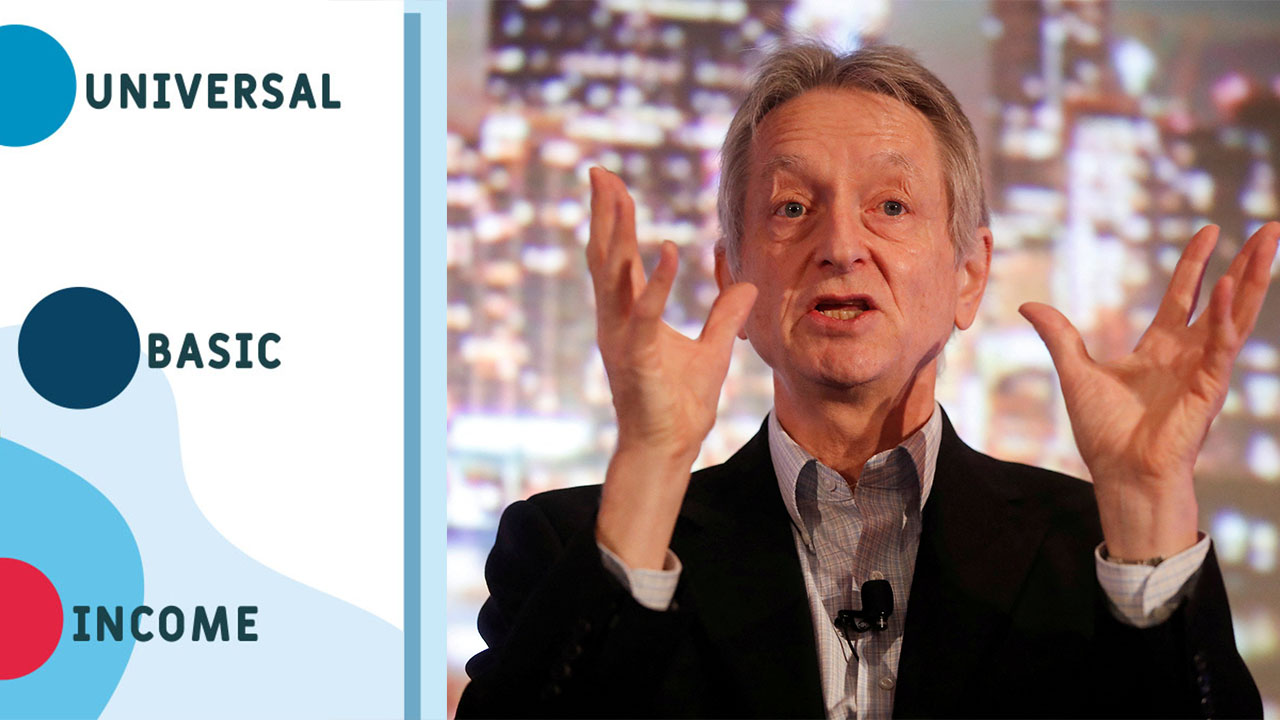
“I was consulted by people in Downing Street,” Hinton said, “and I advised them that universal basic income was a good idea.” Hinton is not alone among AI experts in advocating for UBI to mitigate the economic impact of automation.
Prior to becoming one of the most famous CEOs in the tech industry, OpenAI co-founder Sam Altman studied under Hinton and helped pioneer the neural network. Currently, Altman is known for his leadership at OpenAI and his strong support for UBI.
Altman’s other venture, Worldcoin, aims to provide UBI through the adoption of a cryptocurrency token given free of charge to anyone who signs up for the service and submits to a retinal scan to verify their identity.
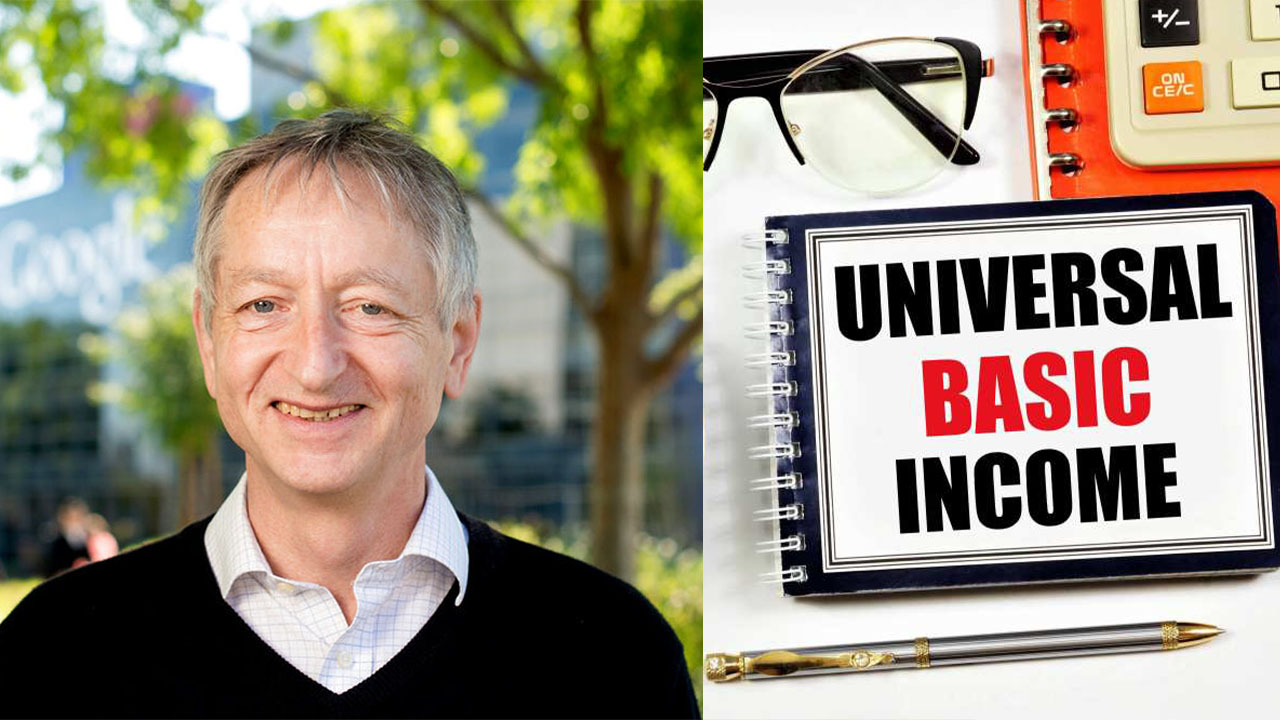
Beyond addressing employment displacement through UBI, both Hinton and Altman have expressed concerns that AI could pose an existential threat to humanity.
Hinton reportedly left his position at Google to speak more freely about his worries regarding AI’s future impact on humanity. Altman, on the other hand, claims that his primary motivation for co-founding OpenAI with Elon Musk and others was to ensure that advanced AI systems are developed responsibly and for the benefit of humanity.
Hinton suggested that we might have only a limited time before the threat of AI becomes imminent: “My guess is in between five and 20 years from now, there’s a probability of half that we’ll have to confront the problem of AI trying to take over.”

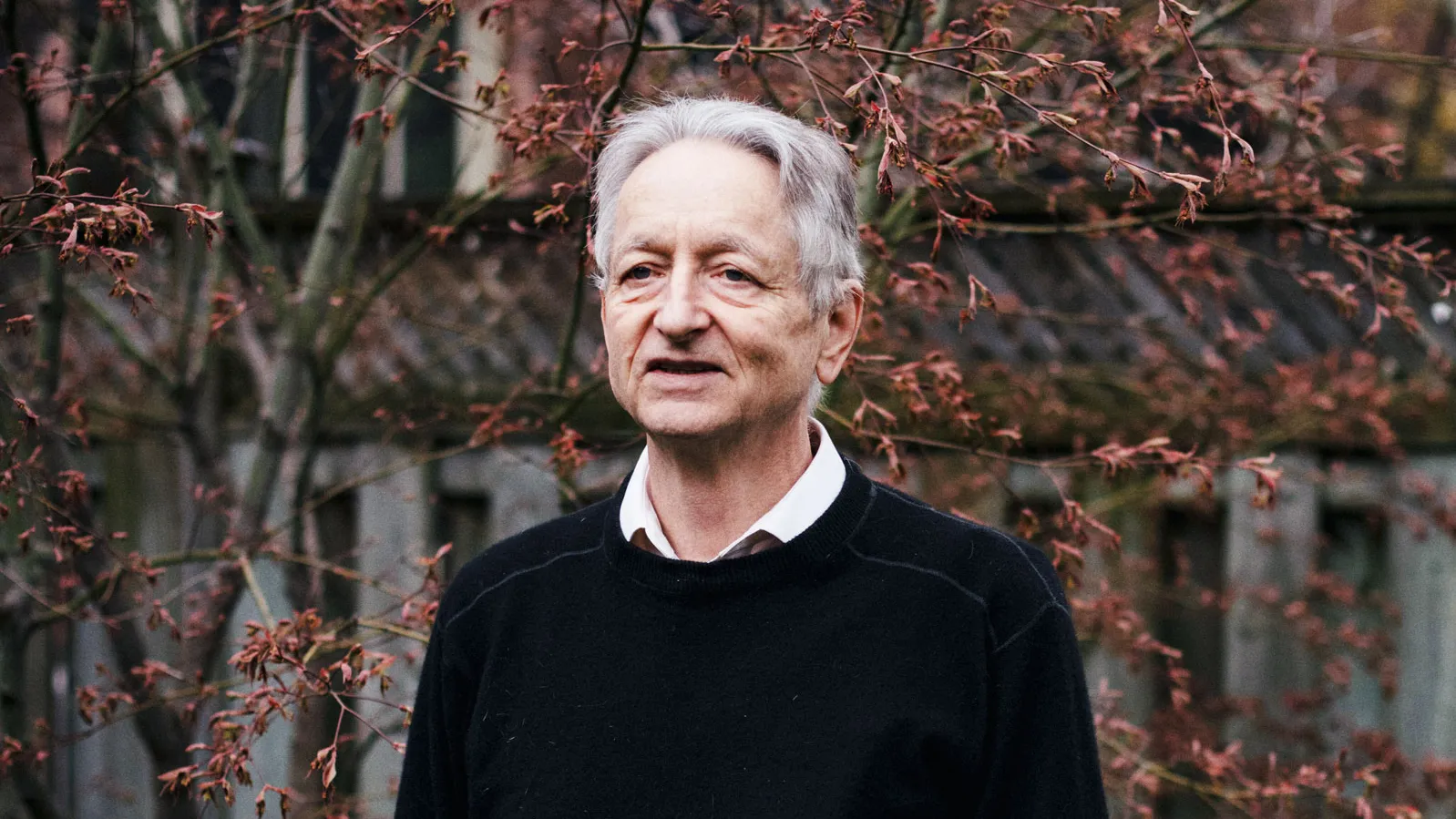
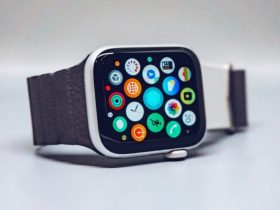

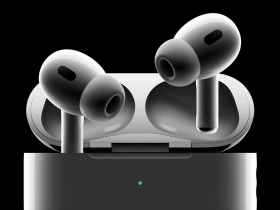

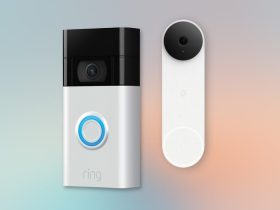
Leave a Reply